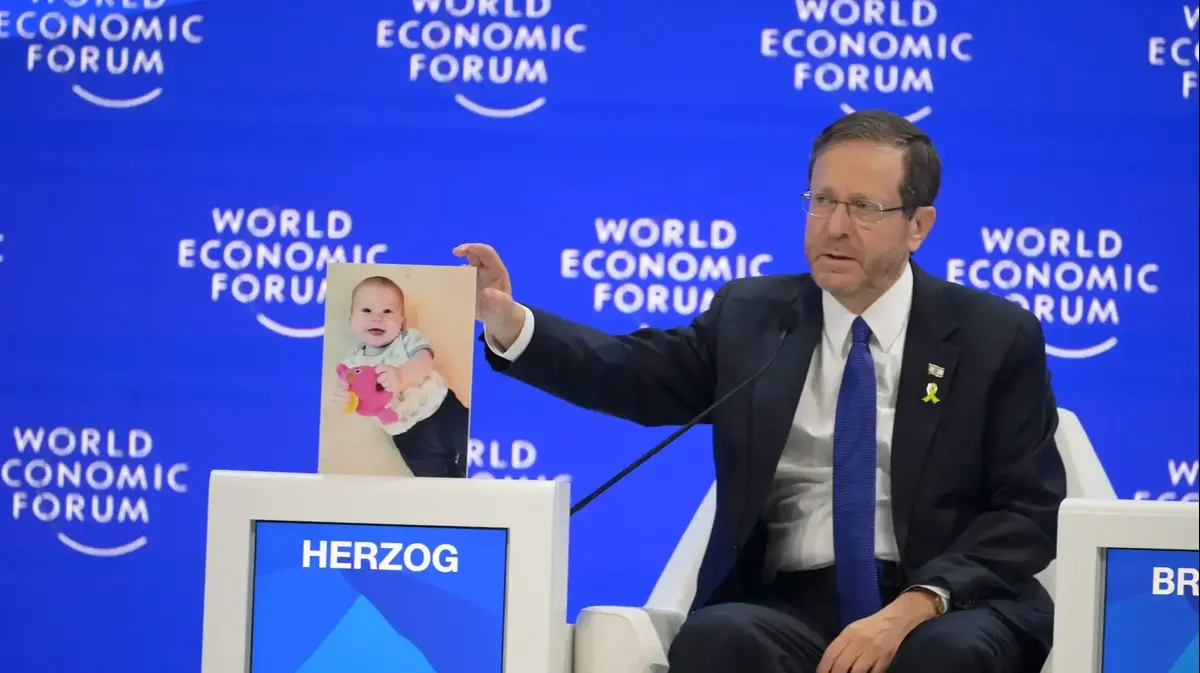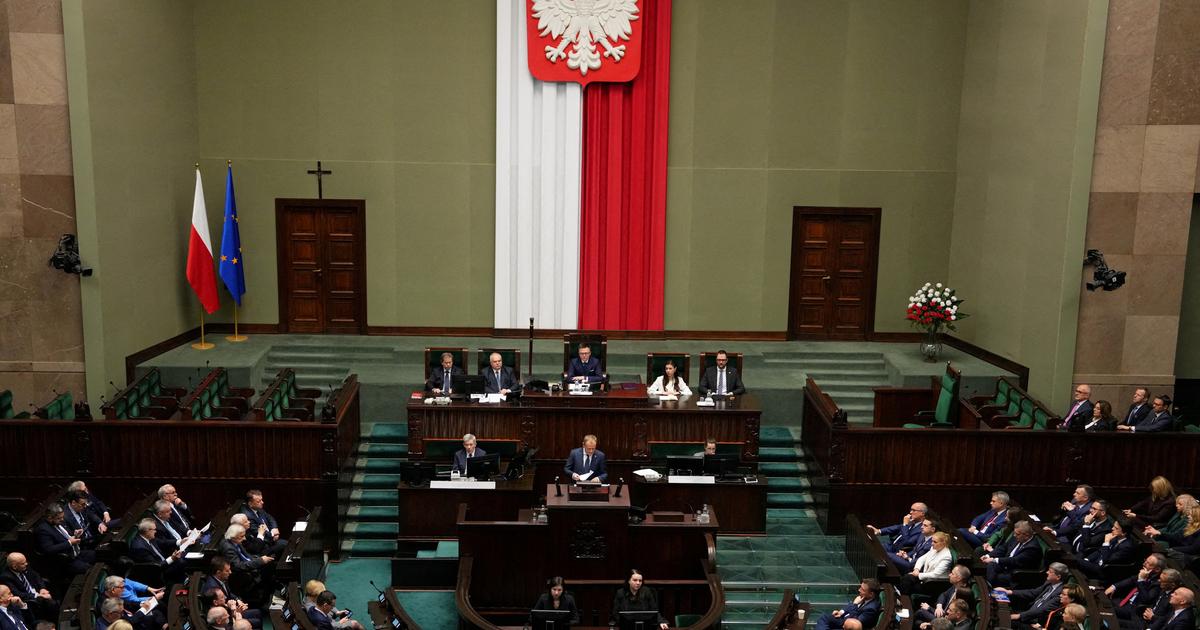Direct: High Court hears petitions against the law that would grant Ben-Gvir powers over the police (Photo: GPO)
Israel's High Court of Justice on Wednesday heard a petition against legislation promoted by National Security Minister Itamar Ben-Gvir, which would grant him broad powers over the police. According to the original text of the law, drafted by Ben-Gvir, the police commissioner will be subject to the government and subordinate to the minister, and at the same time he is the highest command level in the police. In the field of investigations, the minister in charge will be entitled to formulate a general policy, after hearing the position of the Attorney General and consulting with the Police Commissioner and his team, and will also be authorized to formulate policy and set general principles regarding the length of time cases will be handled.
At the beginning of the discussion, Eliad Shraga, chairman of the Movement for Quality Government, one of the petitioners, argued that this is a law that will politicize the police. "In the amendment to the law, the minister is given powers without straits. The amendment creates a super-commissioner," he argued before Justices Uzi Fogelman, Yitzhak Amit and Yehiel Kasher. "The minister will outline police policy, including priorities, work plans and general instructions. It is amazing how such an amorphous statement would determine its priorities - only under this statement can priorities be set in any area. All vague powers were given by law to the minister."
Shraga clarified that he opposes the attorney general's proposal that the law be approved if it receives a softened interpretation, and presented examples from which he tried to prove that Ben-Gvir's intervention already influences police decisions. "The right to liberty that every citizen has been violated because of the fact that the minister takes the operative authority, this is a violation of the core of protected rights," he said.
Will the High Court strike down the law? Minister Ben-Gvir (Photo: Reuven Castro)
Attorney Aner Hellman of the High Court Department of the State Attorney's Office, who represents the attorney general, said: "The police have the authority to violate almost all basic human rights, so a democratic society must establish strong positions that will prevent abuse of these powers, a non-legislative violation of human rights. The sample must be submitted to the judge within 24 hours. A decision to impose a fine, a person can ask to be tried. This law, everything related to exercising police rights in a democratic country, touches great potential, not just from what Jesus said 90 years this law has not been touched. We are in a constitutional case, we will talk later about the difference between the army and the police."
Hellman added: "The attorney general opposed the law, in the way it was enacted, in detail, the vague terms, they did not stipulate the protection of human rights, but I remind you that there is a Knesset in Israel. As soon as a law leaves the Knesset, the court is responsible for giving it meaning. In the end you put hers in. Life is complex. Protest events, etc. – there will be no grenades thrown, no CCTV will be used, this is policy. You have to understand that the situation can always be the other way around, there is a difference when you set a policy if it contributes to human rights and a policy that tells the police to implement your harmful policy."
Justice Uzi Fogelman asked: "If we reach the conclusion that the minister's policy violates human rights, a policy that does not make the discussion of the Basic Law on Human Dignity and Liberty redundant." Hellman replied: "The attorney general's position is clear. To the extent that the law empowers the minister to violate human rights, it is unconstitutional."
A week ago, Attorney General Gali Baharav-Miara published her opinion on the constitutionality of the amendment to the Police Ordinance. This was in the framework of the petitions against him to the High Court of Justice. "The amendment to the law addressed the minister's powers in a vague manner, and in these circumstances there is serious concern about the possibility of exercising extraneous considerations when using police force, about politicization of the police, and especially about the violation of individual rights," she wrote in her opinion.
However, the advisor left open the possibility that the law will not be struck down by the High Court. Only if the law receives a softer interpretation: "To the extent that the vague provisions of the amendment are given an interpretation that will ensure the principle that the Israel Police acts professionally, free of extraneous considerations, without political interference in the manner in which force is used, the amendment will meet the required constitutional standards and it will be possible to avoid its repeal."
In response to the opinion, Ben-Gvir wrote that "the attorney general's attempt to prove that she does not interfere with the government's work, and supposedly tries to 'help' ministers realize their policy, when in fact she is trying to uproot the necessary amendment – clearly proves how deep and fundamental reform of the justice system is needed. Its role is to advise, and the role of government ministers is to set policy and make decisions. The amendment to the Police Ordinance is important and critical, and its purpose is to correct the lacuna of years in the law, and to regulate the status of the minister vis-à-vis the Israel Police as it should be in a democratic country."
- news
- Political-Political
Tags
- High Court of Justice
- Itamar Ben-Gvir















